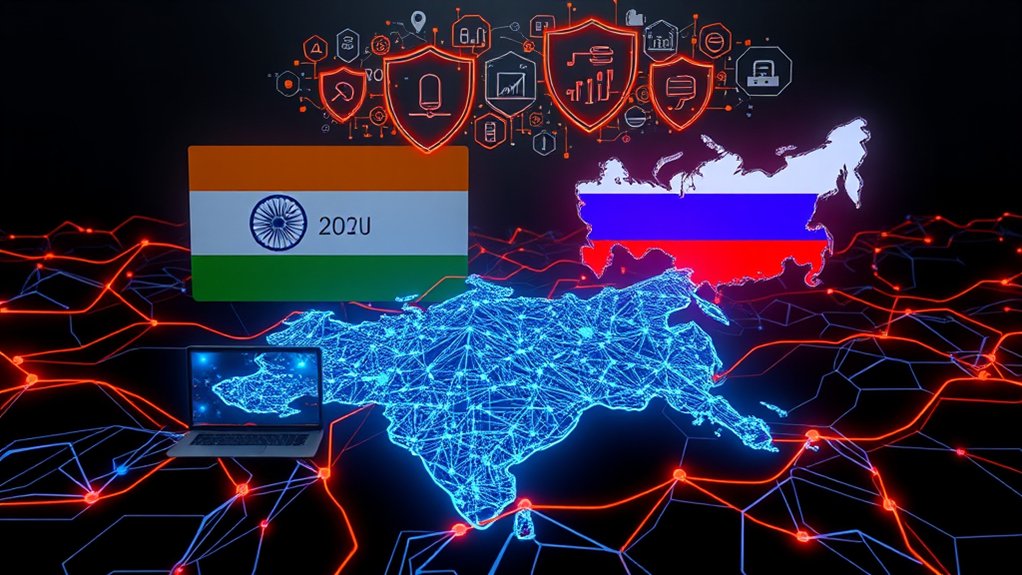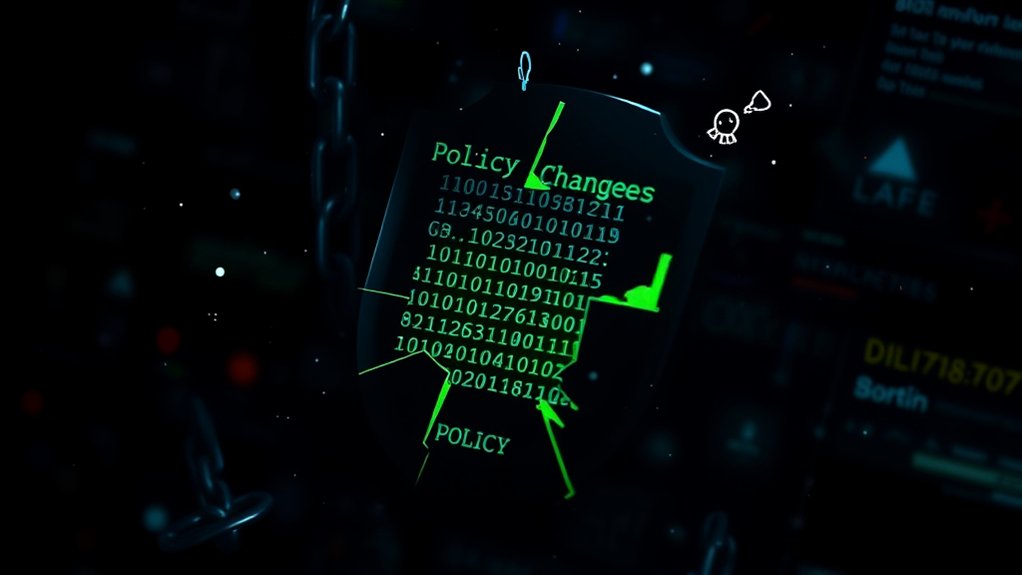As India and Russia deepen their technological alliance, the two nations are poised to significantly improve their cybersecurity cooperation, initiated through a 2016 agreement during the BRICS summit in Goa. This initial agreement targeted collaboration in combating cybercrime and strengthening national security, establishing a framework for sustained engagement and information sharing. Its open-ended nature—which allows for flexible adaptation to emerging cyber threats—has been a cornerstone of the partnership, promoting governmental collaboration particularly in counter-terrorism initiatives.
Currently, advanced discussions underscore an effort to strengthen bilateral ties not just in cybersecurity but also in nuclear energy and advanced technologies. Particularly, there is attention towards co-developing specialized cyber defense tools, including targeted firewalls and other cybersecurity solutions. The partnership is envisioned to extend into artificial intelligence, space technology, and semiconductor industries, potentially employing the “BrahMos-like” co-development model which facilitated successful product innovation between the two countries. Given that rural internet connectivity remains a challenge in India, this partnership may provide essential support in enhancing the accessibility and robustness of cybersecurity frameworks. The ongoing nuclear energy initiatives further underline the commitment of both nations to foster innovation through collaborative efforts.
Advanced discussions are underway to co-develop specialized cyber defense tools and extend collaboration into AI, space technology, and semiconductors.
Strategically, this partnership is expected to bolster India’s cybersecurity infrastructure and improve its stature within the global cybersecurity market. Such efforts come at a time when data security and privacy concerns are paramount, given Russia’s assertive approach to internet sovereignty.
While strengthened cooperation may present significant economic advantages—including increased technology exports and investment opportunities—potential challenges remain, particularly concerning aligning regulatory frameworks for effective cybersecurity practices.
The 2021 agreement between the Bank of Russia and the Reserve Bank of India further exemplifies the commitment to improve cybersecurity in the financial sector, emphasizing collaboration in tackling specific cyber threats. These institutional agreements pave the way for intelligence sharing and the establishment of regulatory frameworks, fundamentally shaping the cybersecurity environment not only for India and Russia but potentially influencing global standards and practices in cybersecurity.
As both nations navigate this intricate partnership, the implications of such cooperation will resonate far beyond their borders.









